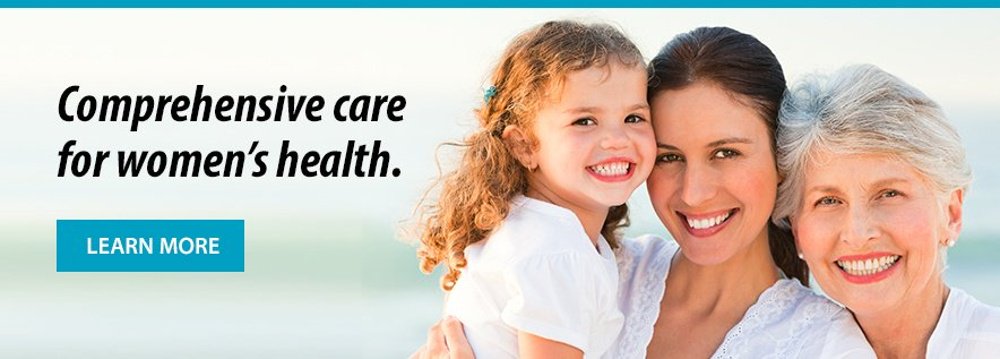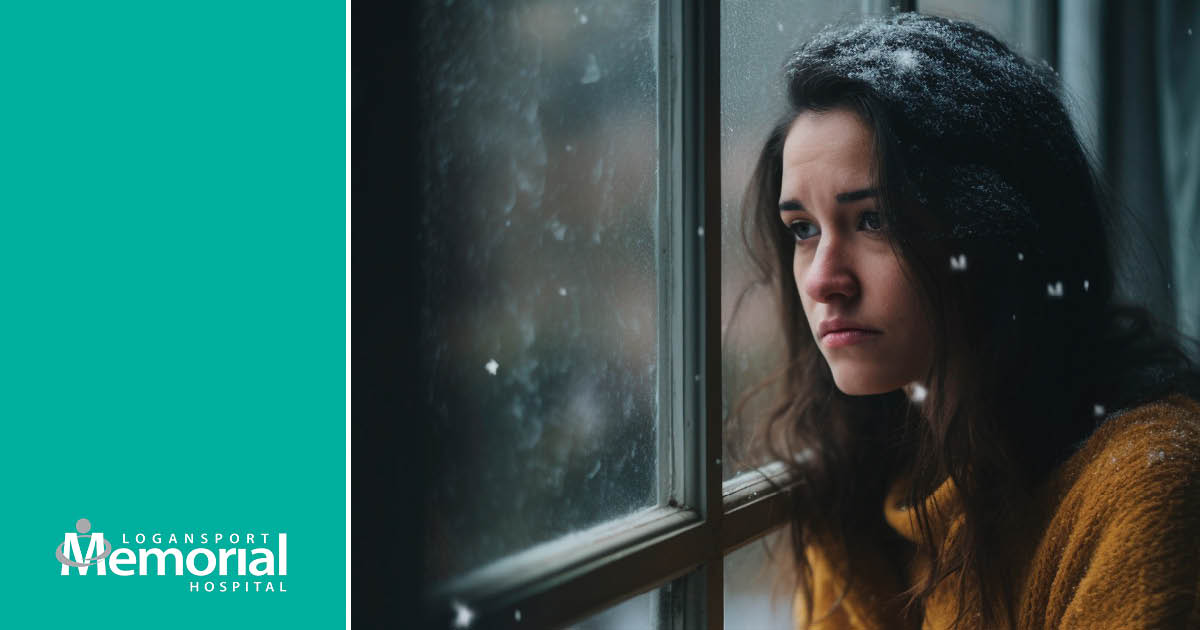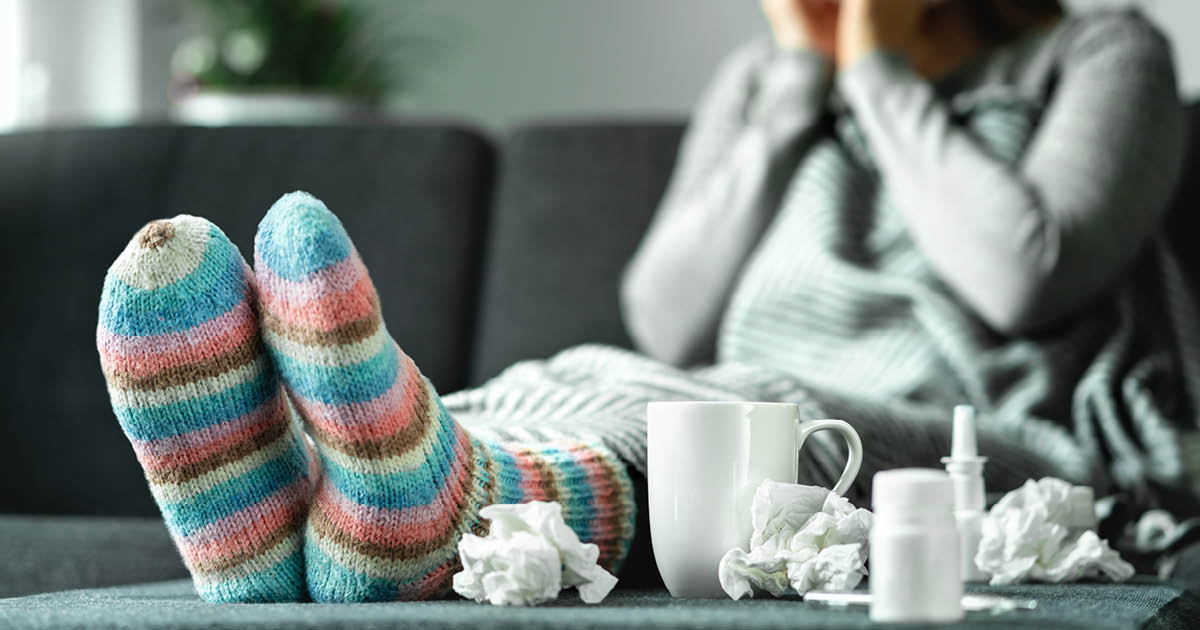Turning 50 is a big milestone in our society. It's also a time that involves lots of changes in your family and in your body. You may have kids going to college or getting married, challenges at work that you haven't had before and other increased stresses in life. Is's also hard to escape the fact that your body is getting older. You're not bouncing back as quickly as you used to and you might tire more easily. The risk for many common health problems increase as you age and 50 is a good time to take stock and make some healthy changes. What health concerns should you watch for.

A number of medical conditions become more common in people over 50. Aging increases the risks for chronic diseases such as diabetes, arthritis, respiratory disease and heart disease. For women over 50, here are four specific health concerns to monitor and discuss with your doctor:
Menopause
Menopause can start as early as age 40 and as late as age 60 and is a normal part of a woman's life as menstruation ends the ovaries begin to produce less estrogen and progesterone. Each woman experiences menopause differently. Common symptoms include irregular periods, hot flashes, vaginal and bladder problems, changes in sexuality, fatigue and mood changes. Many women also notice changes in their physical appearance including a thickening at the waist, loss of muscle and loss of skin elasticity. As a natural part of life, menopause itself does not necessarily need treatment but you should discuss your symptoms with your doctor each year to see if lifestyle changes or therapies can help relieve any discomfort.
Osteoporosis
Osteoporosis is a disease in which bones become weak and brittle. If left unchecked, osteoporosis can progress painlessly until a fracture occurs. Any bone can be affected, but of special concern are fractures of the hips, spine, and wrists. If diagnosed early, progression of osteoporosis can be slowed and complications reduced. For the first decades of life, new bone is added faster than old bone is lost but as we age, that process slows down and our bones naturally lose density. When women reach menopause and their estrogen level drops bone loss begins to more rapidly exceed bone replacement. 80 % of people with osteoporosis are women. Osteoporosis is a silent disease with few symptoms early on. Doctors often recommend bone mineral density scans to help assess your risk and determine the proper prevention or treatment options.
Heart disease
As we age, our heart function naturally begins to decline. That's why heart disease is the most common in people age 65 or older. Other health conditions that tend to become more common as we age can further weaken the heart and make you more susceptible to heart failure. Women are more likely than men to have some conditions directly associated with heart disease.
- Diabetes
- Obesity
- History of stroke
- Heart failure
- Depression
When women have heart attacks they are more likely to have more chest pain and poorer physical health than men in the month leading up to their heart attack. Heart disease is a leading killer of women but too few women are under diagnosed. It is important to visit your doctor annually and ask them to check your heart and discuss your personal risk factors for heart disease.
Learn more about heart disease
Cancer
Catching cancer early, when it is easier to treat, gives men and women the best chance of survival. Some cancers are more common in women and have screening guidelines that start at age 50. Knowing what you can do about each can help you prevent them or find them early.
- Breast cancer: The American Cancer Society recommends women get mammograms every year from 45-54 and every two years after age 55.
- Colon cancer: The American Cancer Society recommends a colonoscopy or other colon screening test starting at age 50.
- Endometrial cancer: The pap smear is a test for cancer of the cervix but not endometrial cancer. Talk to your doctor before you start menopause to learn the symptoms you should watch for, including unusual bleeding not related to menstrual periods.
- Ovarian cancer: There are no screening test for cancer but a pelvic exam should be part of your regular health exam. There are some symptoms that warrant a special call to the doctor if they happen for more than a few weeks: abdominal swelling, digestive problems, abdominal or pelvic pain, the feeling of needing to urinate all the time.
There is one common thread that runs through each of the medical conditions mentioned in this article: see your doctor regularly. Annual health check-ups are the best way for you to monitor any changes in your health and make sure you stay up to date will all screening guidelines that are often tied to your age.
When you turn 50, take some time to examine your habits and make some changes to get you on the road to your best self.
More tips for a healthier life after 50
- Schedule your health screenings: colon cancer, mammograms, pap smears and bone density scans
- Keep up with annual check-ups
- Watch what you eat - stay away from unhealthy fats and focus on fruits, vegetables, lean proteins and whole grains
- Ask your doctor about your daily requirements of vitamins and minerals
- Exercise regularly
- Get more sleep
- Take quiet time for yourself - meditation, prayer or something that inspires you




